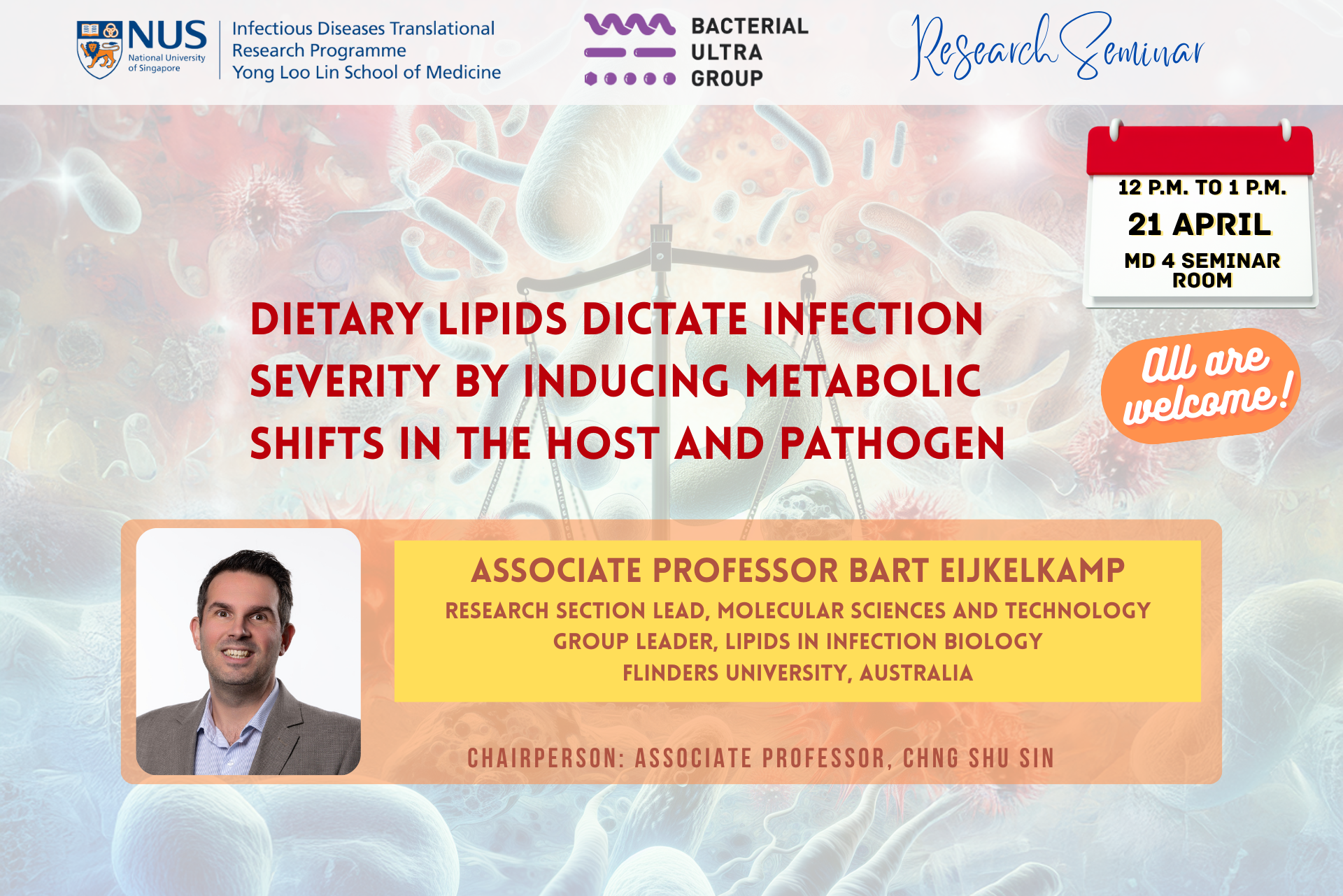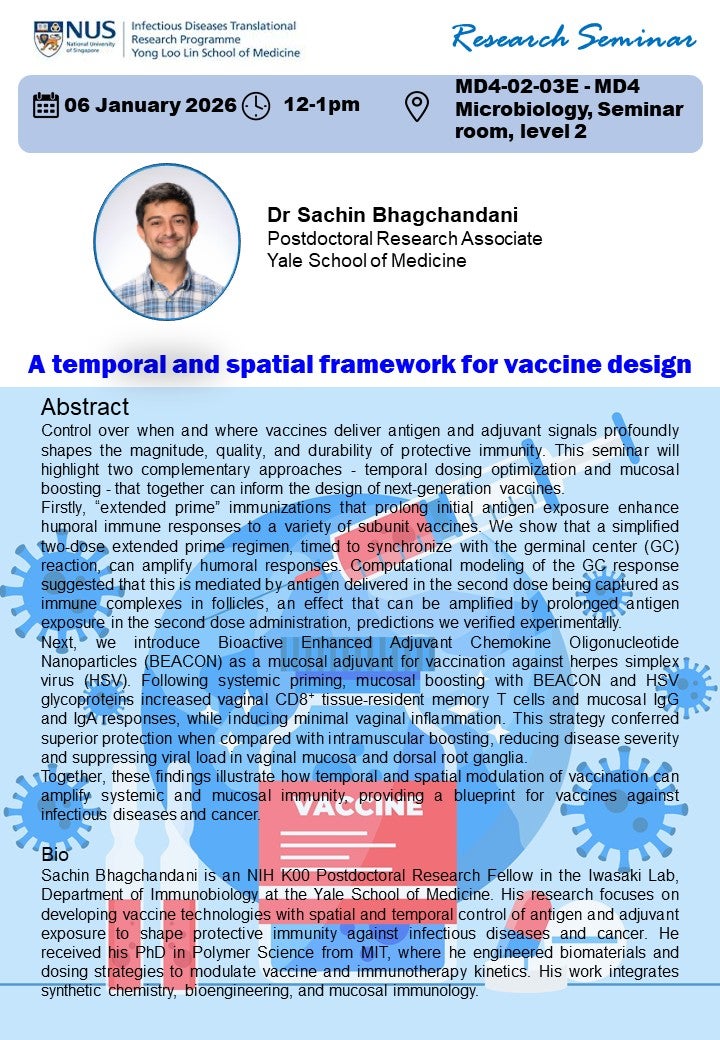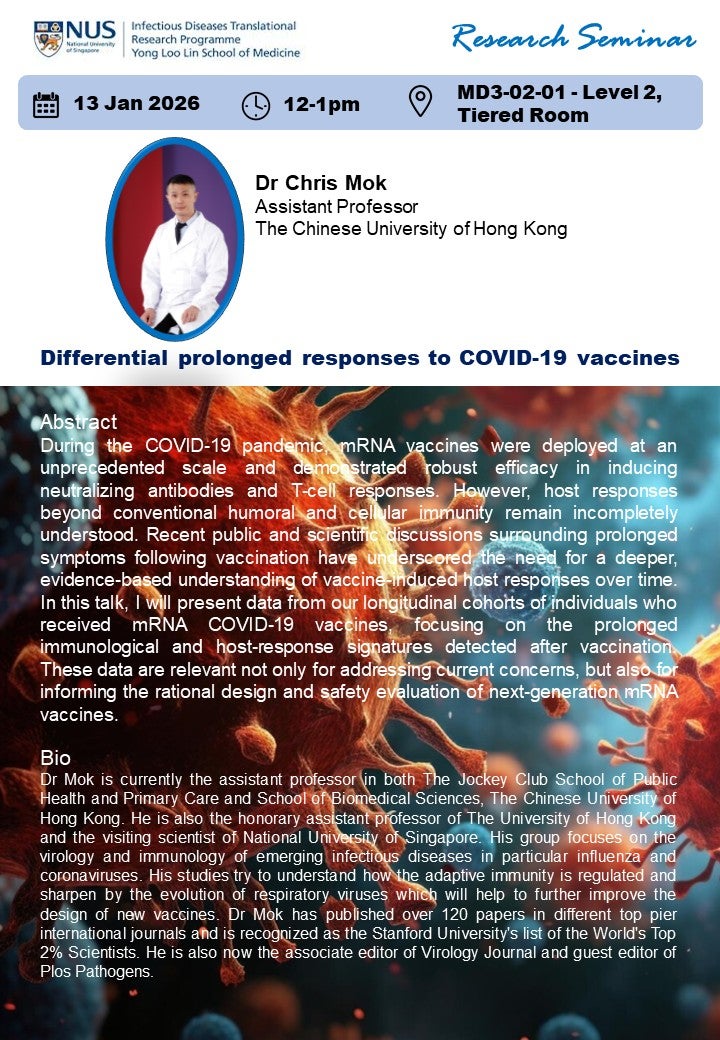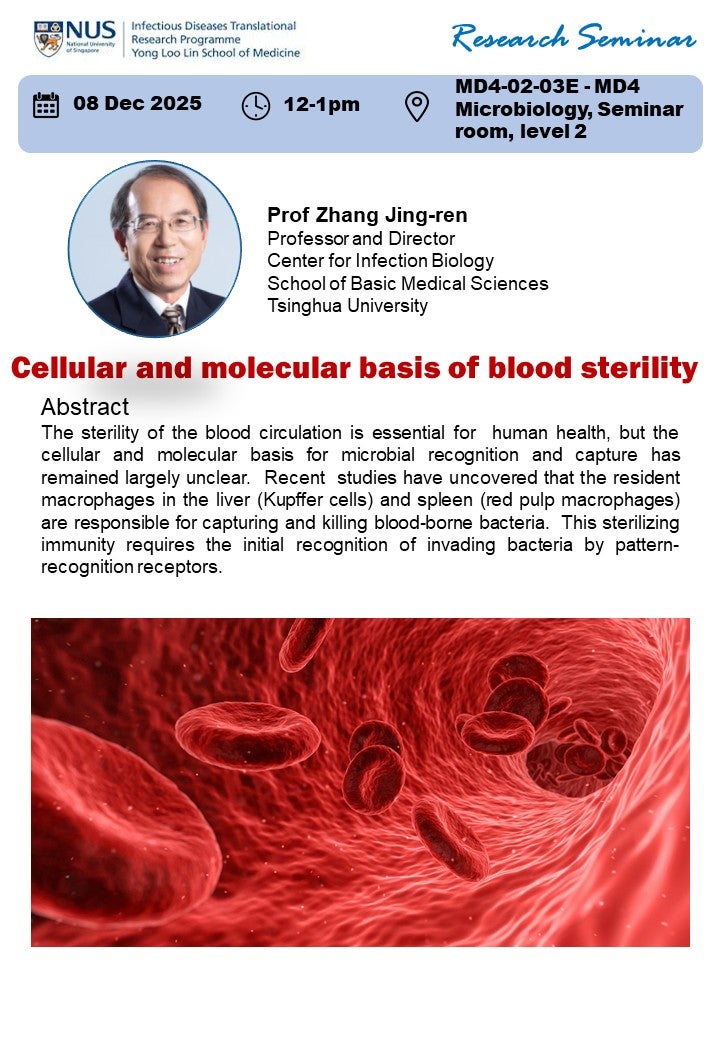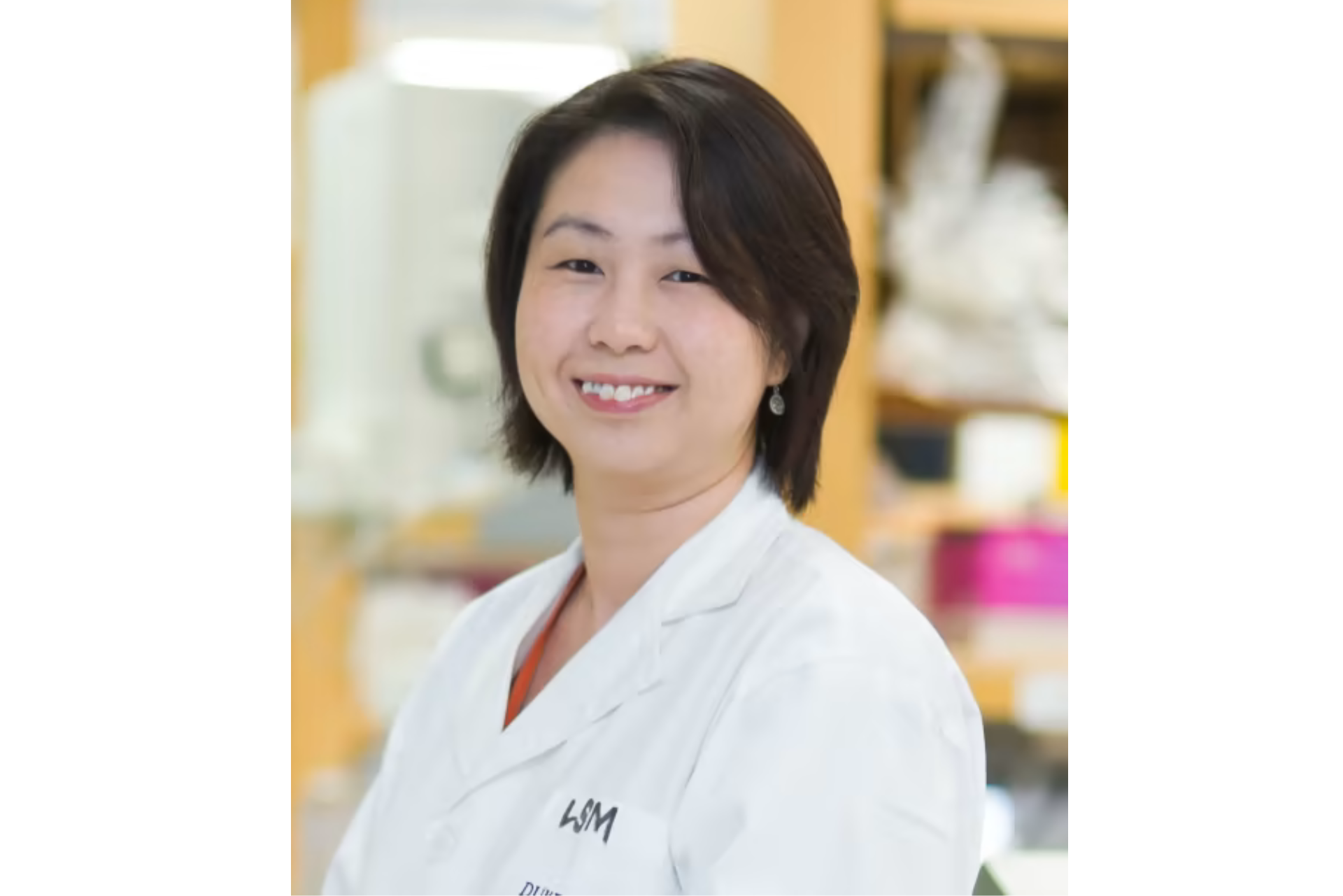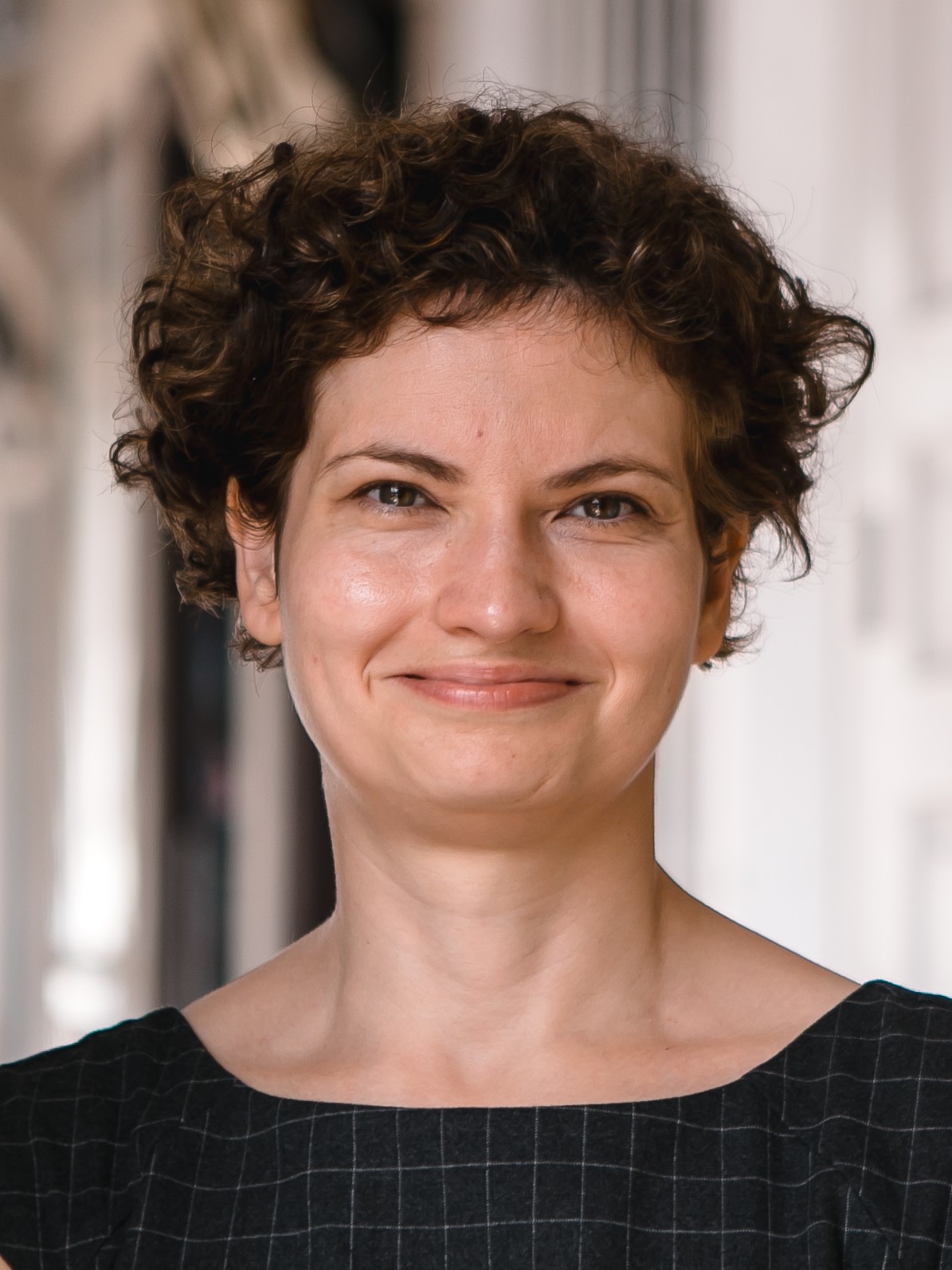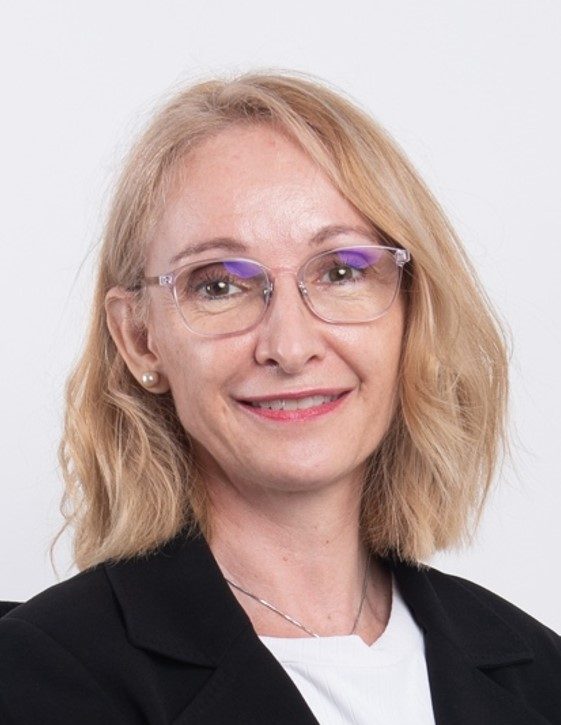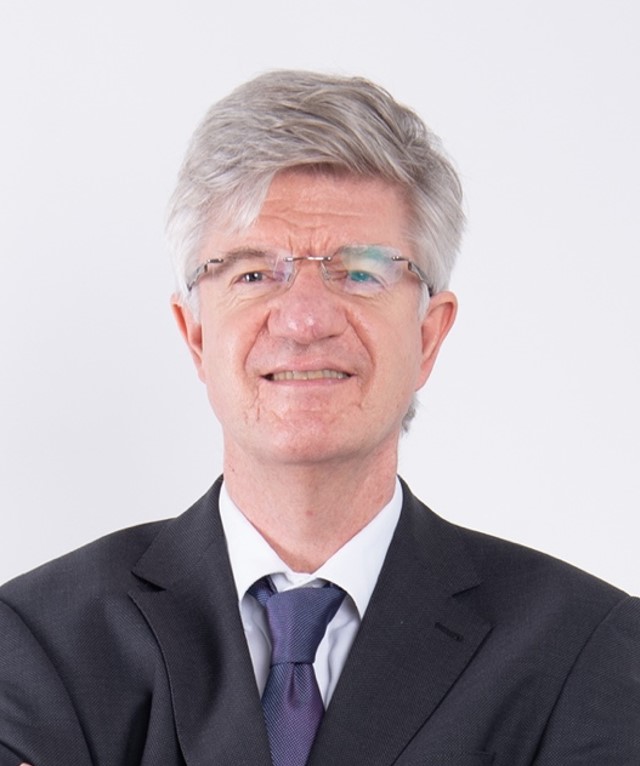Abstract:
The links between nutritional anomalies and infection are well established, however the significance of specific nutrients, such as lipids, remains contentious. This impedes our ability to develop nutritional interventions to control infections.
Our work describes how host fatty acid uptake is key to the virulence of diverse bacterial pathogens. The desire for saturated and unsaturated fatty acids is niche- and pathogen specific, and requires diligent balancing, as an indiscriminate greed for host fatty acids can lead to antimicrobial activities. Our work demonstrates that the niche-specific metabolic state of the pathogen dictates their fatty acid needs. We have also identified that the infection-induced lipolysis paradigm is not applicable to all infectious agents and is impacted by diet.
Collectively, our findings have established a foundation for personalised nutritional interventions as infection prevention and treatment strategies.
Recommended readings:
- Haracic E, Waters JK, Nguyen TNT, Kostoulias X, Davies B, Yu L, Peleg AY, Bulone V, Short F and Eijkelkamp BA. Fatty acid uptake in Klebsiella pneumoniae and the landscape of its infectious niches. ACS Infectious Diseases. 10, 12, 4048–4056
- Water JK and Eijkelkamp BA (2024). Bacterial acquisition of host fatty acids has far-reaching implications on virulence. Microbiology and Molecular Biology Reviews. 88:e00126-24
- Ascari A, Frölich S, Zang M, Tran ENH, Wilson DW, Morona R, and Eijkelkamp BA. Shigella flexneri remodelling and consumption of host lipids during infection. J. Bacteriology. 205 (12) e00320-23.
- Adams FG, Trappetti C, Zang M, Waters JK, Brazel EB, Paton JC, Snel MF and Eijkelkamp BA (2021). To make or take: bacterial lipid homeostasis during infection. mBio. mBio00928-21
